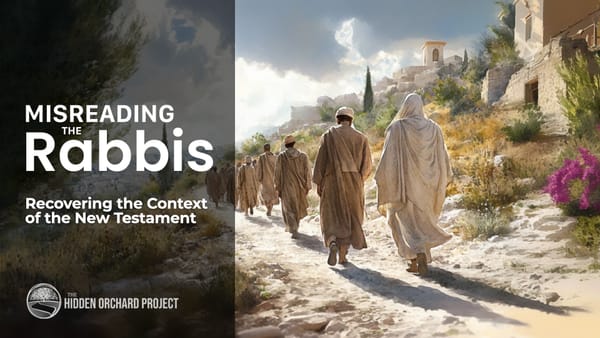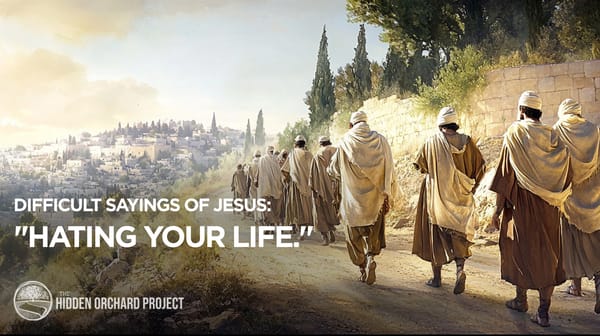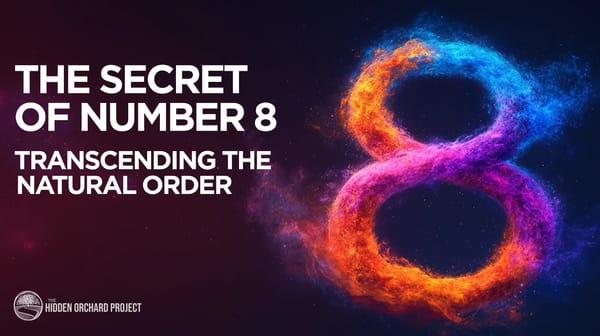The Importance of Gratitude
Studies have shown that the human brain processes up to 11 million bits of information per second through our various senses. Since the body is hard-wired for survival, University of Berkeley scientists have discovered...

One of the most powerful tools for spiritual development comes from increasing the amount of time we spend in gratitude.
Everyone knows this, yet, it is still one of the most difficult things to achieve in modern life. We get too busy, we forget - but we may also be unaware that we have a lot working against us in this endeavor.
Studies have shown that the human brain processes up to 11 million bits of information per second through our various senses. University of Berkeley scientists have discovered that the majority of this incoming information is perceived as negative, signaling that we have a high-bias for negative input.
This translates to a perception that brings negative experiences to the forefront of our consciousness. As a result, we may look back on the events of the day, and it is the unpleasant experiences that stick out instead of the majority of the day that went pretty well for us.
(4) Blockers of Gratitude
Researchers have found that these (4) states of mind can sabotage our contentment, they are; Narcissism, Materialism, Cynicism, and Envy¹.
Consider that much of our modern social media and ecom platforms augment these traits on a daily basis. Simply put, discontentment is good for business. Aside from the enablement of self-absorption, our modern multi-media assault of advertisements seek to continually steer us towards a feeling of lack, not allowing us the margin to appreciate what we have.
A Better Way
The word for "[Giving] Thanks", Hodu (הוֹדוּ), can be seen numerous times throughout the pages of the Bible, particularly the Psalms².
Interestingly, the first person to give thanks to G_D was Leah. Amidst marital turmoil between her sister and her husband - she was able to give thanks to G_D, which is the meaning of the name "Yehudah".
She conceived again and bore a son, and declared, “This time I will give thanks to the LORD.” Therefore she named him Yehudah... - Genesis 29:35
Through her example we learn that we should give thanks in all situations; whether at peace or in the middle of an emotional storm; In times of fear and lack, and in times of abundance.
Developing Gratitude
Knowing this, let us seek to increase the amount of time we spend in the state of Gratitude. Below are some common tools to consider.
1. Morning
Begin the morning with prayer, particularly prayers of gratitude. The Jewish morning prayers begin with Modeh Ani, “I give thanks”, recognizing that we have been given another day. Whether you use this prayer, or develop your own, consider adding gratitude as your first step each morning.
2. Gratitude Journal
If you are a writer, find yourself a new journal or notepad and set aside a few minutes each day to write down a list of things you are grateful for. They can be objects, experiences, people, and whatever else comes to mind. The act of writing helps to embed the ideas into a different part of the brain, enhancing memory.
3. Looking Back
Take some time to look back on your life and explore how a negative situation in your past might have actually been for the good. This practice is called Hakarat hatov, "finding the good".
In doing so, you can change the way you view that event, releasing any trapped emotions you may be harboring, which has immense health benefits. This can also be a challenging exercise, so perhaps make this something you do on occasion.
4. Gratitude Walk
Take a moment of your day to walk through your house, or neighborhood, and look around for things you are thankful for, but often take for granted. From modern conveniences, to objects, people, plants, and even the house itself. Get creative in looking for new things to be thankful for.
5. Accounting of the Soul (Cheshbon haNefesh)
Before going to sleep, do a brief mental recap of the events and experiences of the day. Look for opportunities to make amends where necessary - but most importantly - consider all of the people and things you are grateful for.
Notes:
¹ https://ggsc.berkeley.edu/images/uploads/GGSC-JTF_White_Paper-Gratitude-FINAL.pdf
² Hodu can also mean to 'praise'




